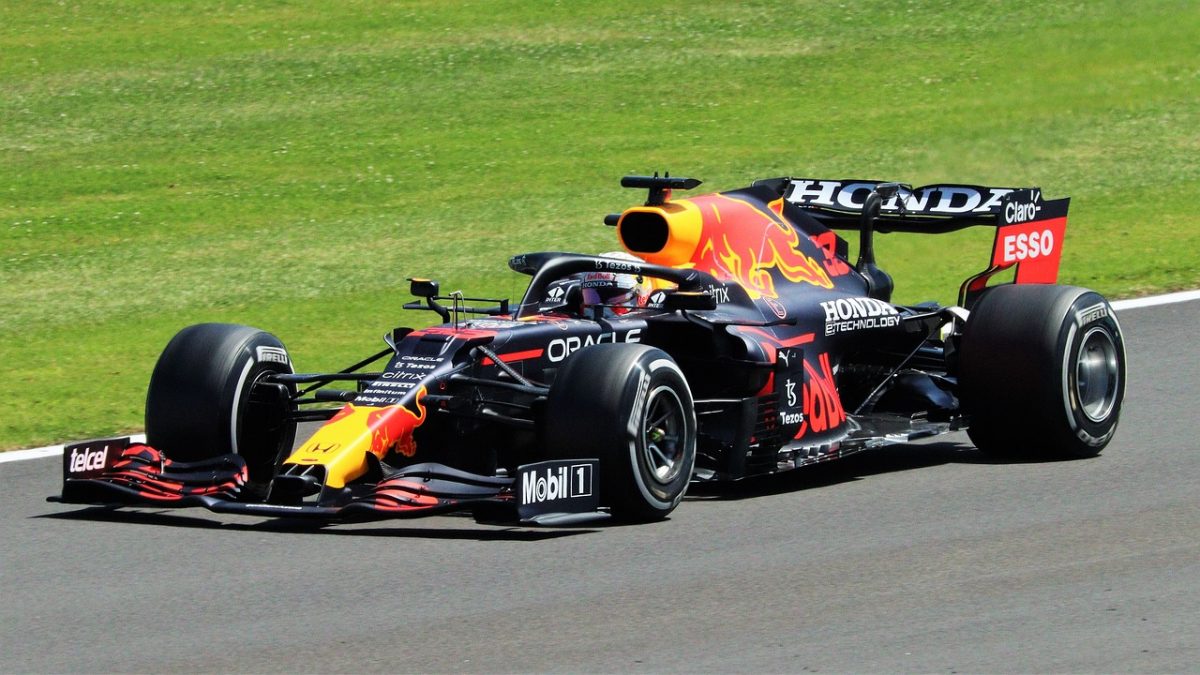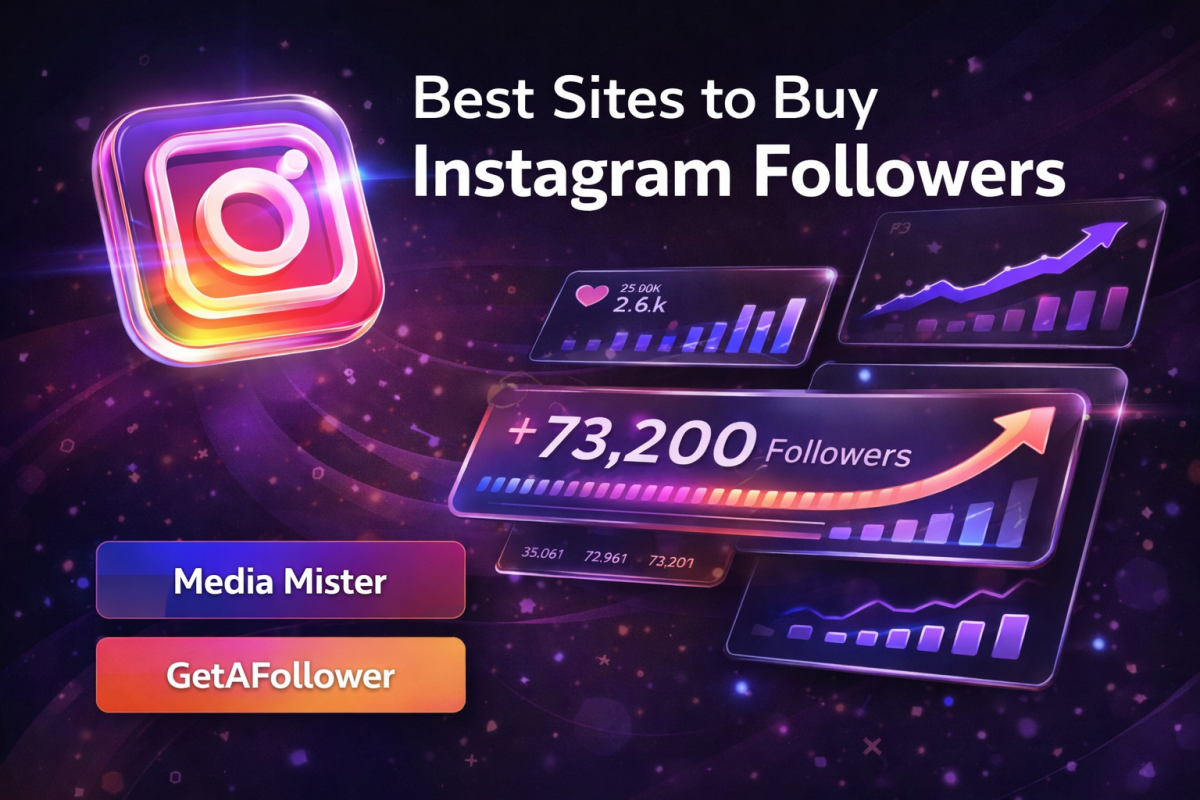Sponsorships and sports have gone hand-in-hand for a long time now. It’s seen everywhere, from NASCAR and Formula One cars plastered with the names of sponsors to the excitement and massive financial injections that accompany the announcement of new kit sponsors for famous European soccer clubs. Given the important role that sponsorships play in the way they enhance both brands, here’s a look at their importance in sports marketing.
The Connection Between Sport and Sports Betting
Marketing through sponsorships in the sports world isn’t just about the excitement of being involved with famous athletes and sports teams. They also help enhance the brand that’s been marketed through such associations. However, to make sense for both parties, there usually has to be some connection. Given the immense rise of tech-oriented industries like cryptocurrency, social media, and the online casino and sports betting industry, tech companies have been responsible for a massive spike in modern sports sponsorships.
According to crypto writer Kane Pepi, the best new online casinos provide a way for gambling enthusiasts across the US to access and play their favorite gambling games, even if they reside in a state that doesn’t allow legalized online gambling. Featuring some terrific draws like faster payouts, larger bonuses, and a premium gambling experience, these platforms have become highly popular through offshore sites.
With many of them offering a variety of online sports betting options too, or sites that are dedicated to this, the iGaming industry has attached itself to some major American sports franchises. For example, college teams and the NFL see teams like the New York Giants and the Detroit Lions have deals in place with DraftKings and BetMGM respectively. Meanwhile, similar partnerships exist in the NBA and MLB too through the likes of the Philadelphia 76ers and the Chicago Cubs deals with DraftKings.
Across the pond, it’s the same. With the UK boasting the largest iGaming market in the world, many famous Premier League teams have highly visible and lucrative sponsorship deals in places with online betting platforms, like West Ham United’s with Betway. Given the obvious connection between sports and online sports betting, this ever-growing connection between the two makes perfect sense.
Other Notable Industry Sponsors in Major Sports Franchises
Many other major industries beyond gambling and sports betting have also become synonymous with corporate sponsorships of sports franchises and the famous stars they produce. For example, the cryptocurrency industry has seen a massive push toward higher visibility of its major brands via sports-themed sponsorship partnerships. Major deals like Binance’s with the global superstar soccer player Cristiano Ronaldo and his CR7 brand have seen them collaborate on a colossal deal for them both via highly-prized Ronaldo-themed NFT collections and other offerings.
Similarly, Formula One and the UFC’s deals with Crypto.com have resulted in major gains for the brand through their respective deals that now feature prominent marketing banners and advertising boards visible during broadcasts. The platform has since reported a huge uptick in new customers signing up as a direct result of its marketing efforts in those sports.
Of course, one of the most glaring examples of sponsorship’s role in sports marketing is seen from specialized sporting brands themselves. Giants like Nike, Adidas, or even Spalding for that matter have become forever intertwined with the host of different sports and the individual sports stars they’ve been sponsoring for decades.
The Important Role Sponsorship Plays in Sport
Major corporate brands often pump millions into sponsorship deals with the sports industry because they usually result in a win-win situation. For the sponsoring brand, the various marketing techniques used to bring visibility to the deal allow fans of the sporting franchise to associate it with the brand. Given the global influence major sports teams and athletes wield, this can open up the brand to a variety of new customer bases, sometimes even allowing them to expand into other markets internationally.
While it may seem like it’s mostly the team or the athlete that benefits since they receive millions just for signing up to be a part of the deal, the money that’s spent, in most cases, actually benefits the marketing brand more. This is because the sponsorship is actually a long-term investment for the company behind the brand. By opening up new markets, these brands are able to expand their customer bases massively, increasing revenues, and providing new avenues for a variety of different product offerings in the process.
A Symbiotic Relationship
These deals also result in added revenue streams for both sides. This happens since deals often include clauses that see them split revenues derived from the sale of things like kit jerseys, team or athlete-branded clothing and shoes, or a wide array of other products and services that can now combine the power of both brands’ logos—essentially allowing both sides to trade off each others’ customer bases.
This symbiotic relationship has led to some of the most lucrative and long-standing deals in the sports entertainment industry, making each party synonymous with the other—Nike and Michael Jordan’s partnership through Nike’s Air Jordan range being a prominent example. In the modern world, whether it’s the likes of crypto gambling sportsbooks or social media giants that lend their name to the sports world, sponsorship deals play a pivotal role in sports marketing.






